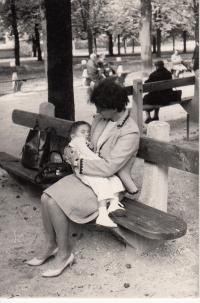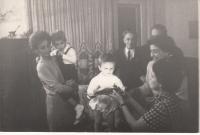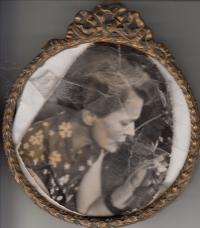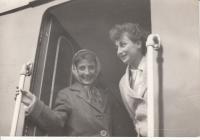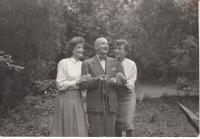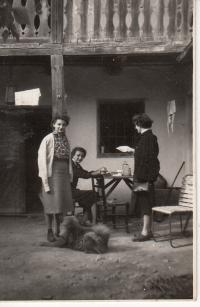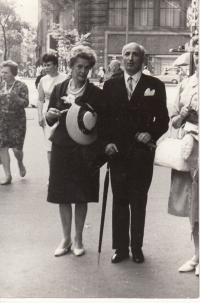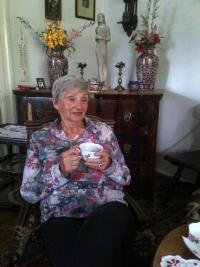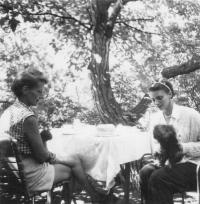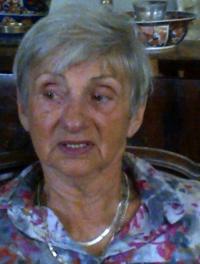“I didn’t want to escape, I lost my hope, and I realised that it wouldn’t end well here!”
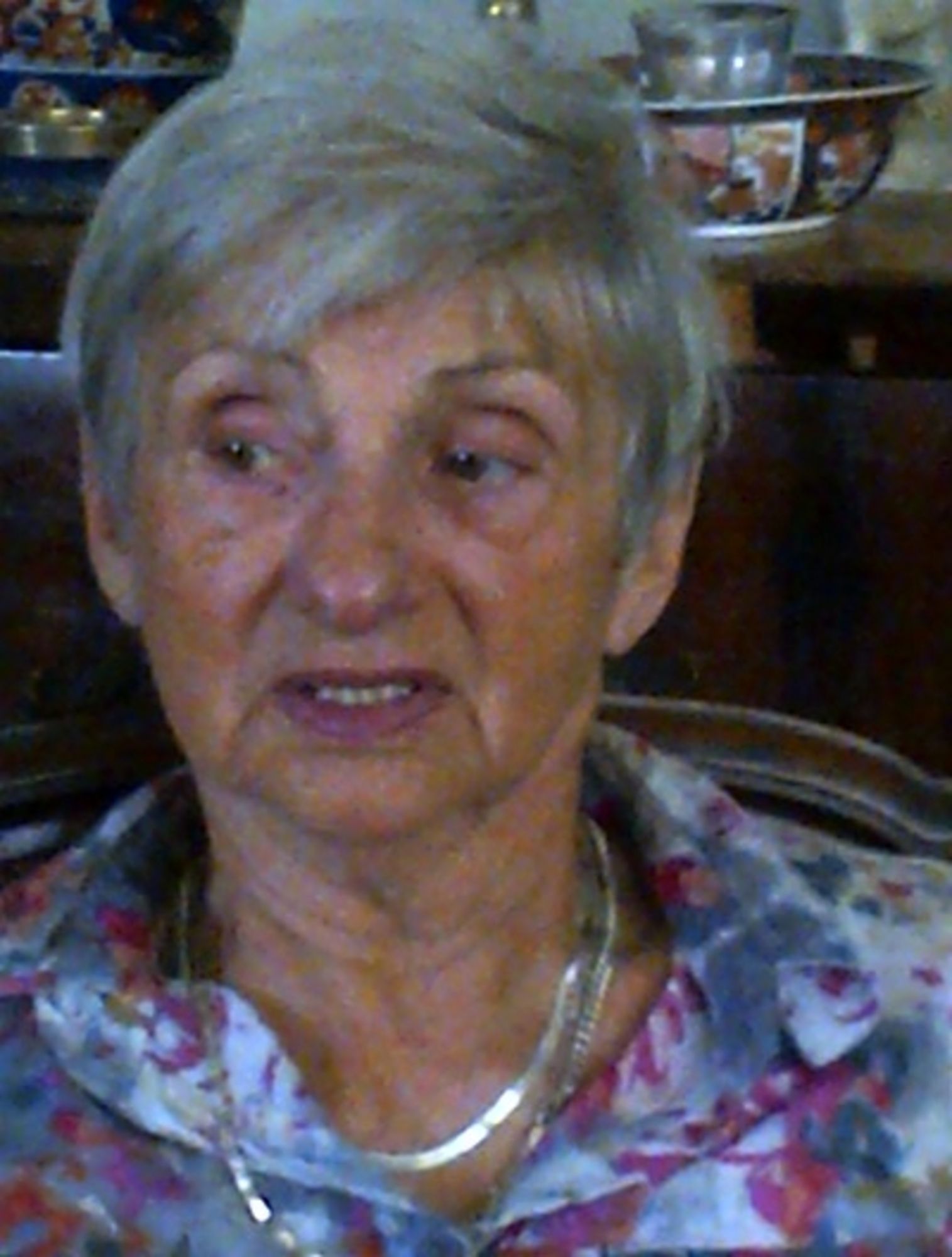
Download image
Zsuzsanna Gyenes (Csiky Csikász Lászlóné) was born in 1929 to a middle-class family of civil servants. She fled to the Bishops’ Palace in Győr with her grandmother before the advancing Soviet forces in 1945, where she was eyewitness of Bishop Vilmos Apor’s martyrdom. Her parents moved to a vineyard near the city of Pécs, where they got a job there from the State Insurance Company. Zsuzsanna first studied at Sacré Coeur in Budapest, later, she continued her studies at a college in Zsámbék maintained by a Swiss religious order. It was there where she sat for her final exams and then qualified as an elementary school teacher in 1948. She taught in different villages in Baksa and Kisdér, before returning to Budapest to the elementary school on Mester street. She continued to be employed as an elementary school teacher although she graduated in Hungarian literature and History at university. She got married some time before the 1956 revolution, but she couldn’t live with her husband, the leather engineer László Csiky Csikász, because he was forced to work in the countryside. During the revolution, his father was elected to the national committee of the city of Pécs, and his brother-in-law Pál Maléter was nominated minister of defence in Imre Nagy’s government. During the reprisals, both of them were arrested, his father sentenced to imprisonment, his brother-in-law condemned to death. Zsuzsanna Gyenes tried to cross the border twice in 1956. During the second attempt near Sopron, she and her husband met Hungarian border officers on the border where they were arrested, interrogated, and brought back to the capital. She was employed as a supplying teacher for half a year. Later, she was moved to the elementary school on Lenhossék street where she taught a lot of children in state care and Roma-Sinti children. She had two sons and retired in 1989. After her retirement, she started a small business for a few years.
